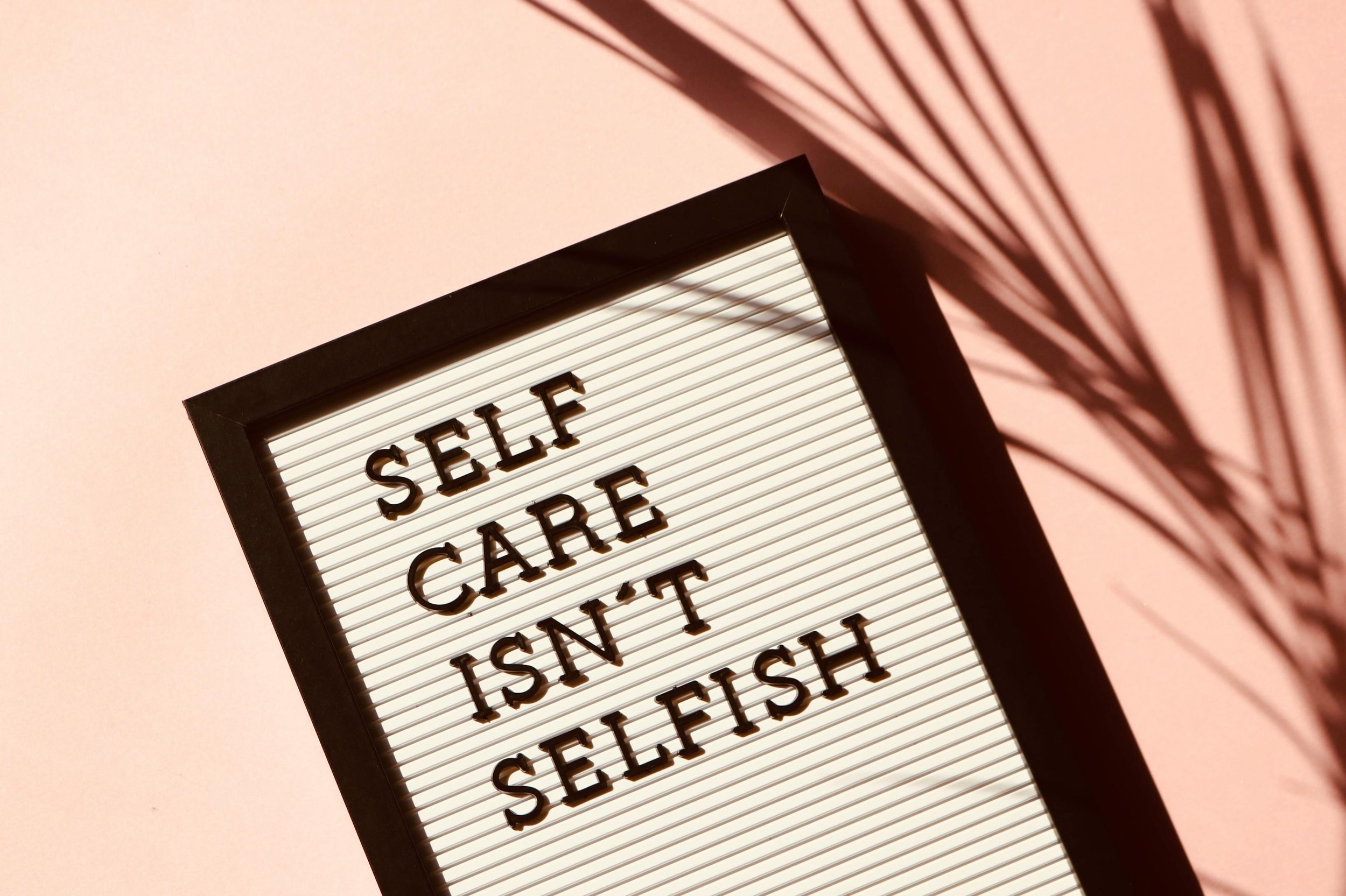
Caregiver Health
& Self Care
Taking care of yourself is part of taking care of others
Caregiver Health
is unique to each person, encompassing both general well-being and specific needs of the loved one being cared for. Reflect on your caregiving responsibilities: What specific tasks are essential for your loved one's well-being, and how well are you managing these tasks?
For instance, if your loved one relies heavily on physical assistance, your own physical health becomes crucial to prevent injury. One injury could jeopardize your ability to provide care effectively. Alternatively, if caregiving is emotionally or mentally taxing, prioritizing your mental and emotional well-being becomes essential.
Balancing strength across all aspects of life is ideal, yet understanding which areas need immediate attention in caregiving situations is crucial.

How are you feeling today?
That might be a loaded question, but it's important to check in with yourself regularly. Take a moment at the end of each day to reflect: What are you lacking? What do you need more of? How can you improve?
To assist you, we've created this self-care checklist to help identify signs of burnout before it takes hold.
What is Self Care?
Self-care encompasses activities that prioritize your well-being and recharge your energy.
Some examples of self care include:
Setting and enforcing boundaries
Maintaining daily routines (i.e. morning or night routine, baths, skin care)
Scheduling and attending appointments
Engaging in activities that bring joy
Listening to favorite music
Spending time with loved ones
Traveling or planning vacations
Having meaningful conversations
Enjoying a massage
Spending time with pets
Working out/Exercise
Praying